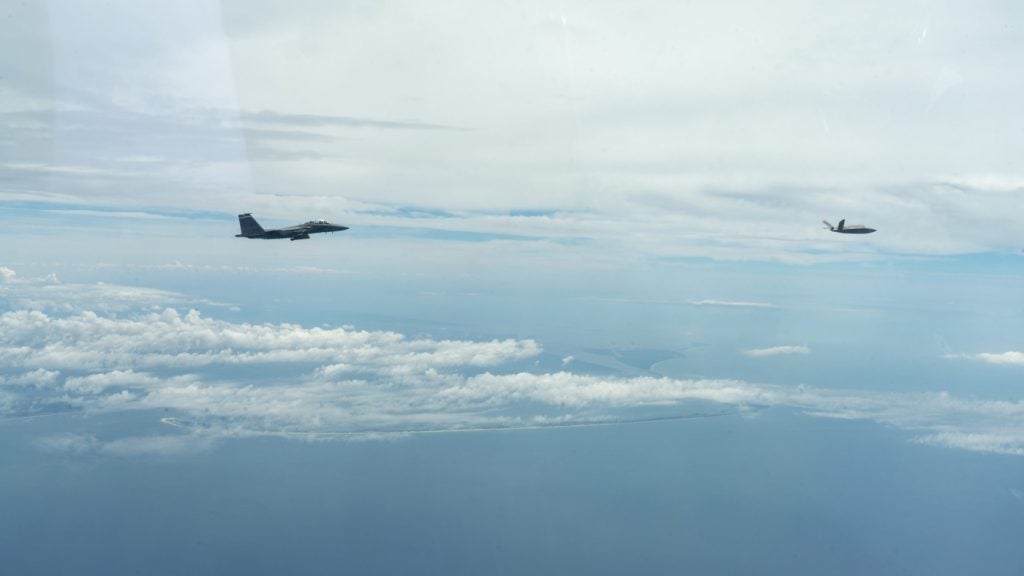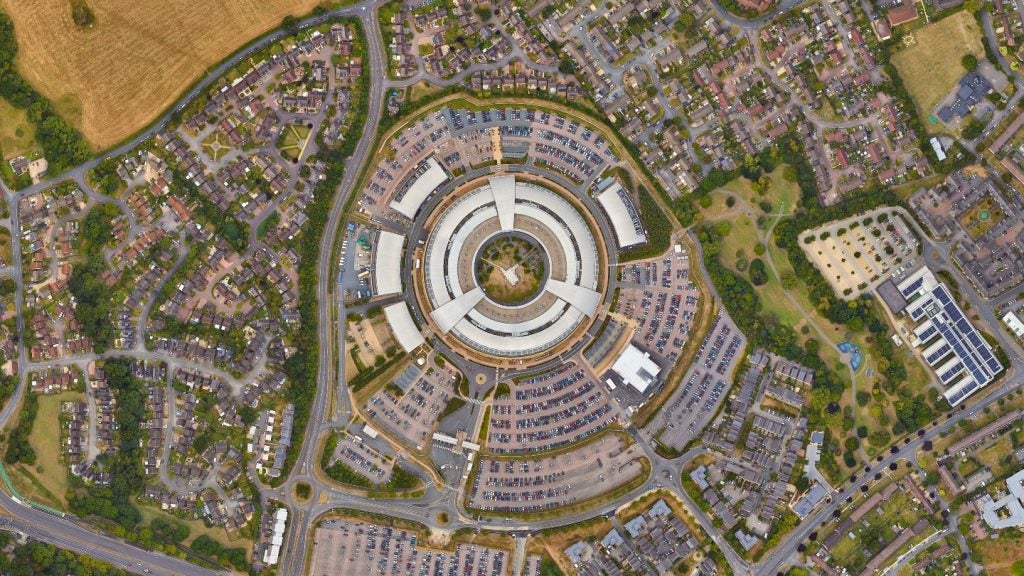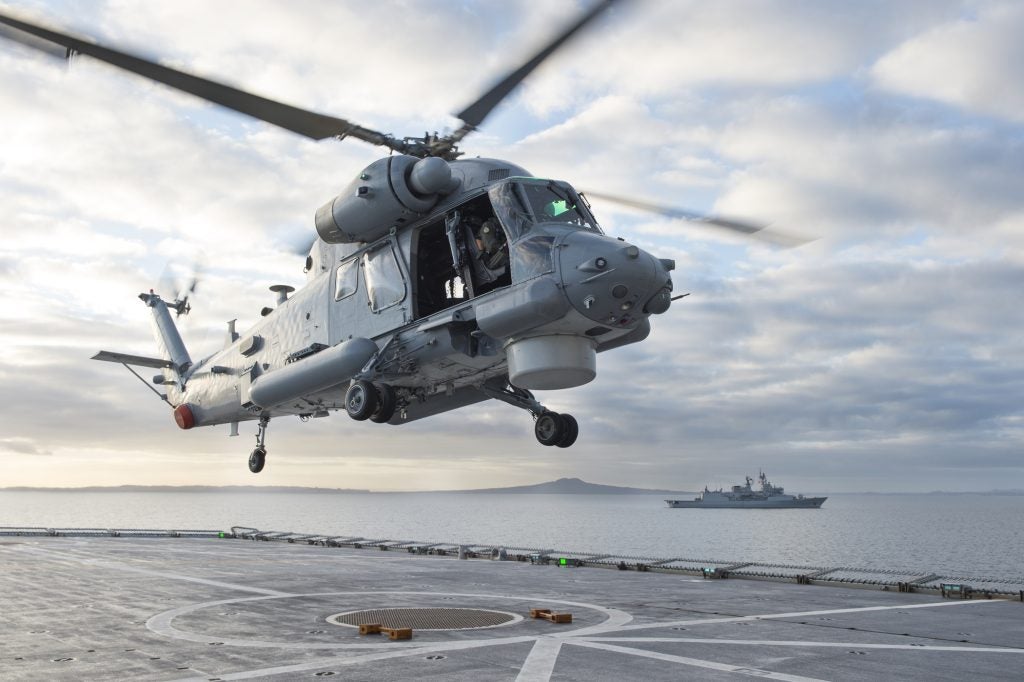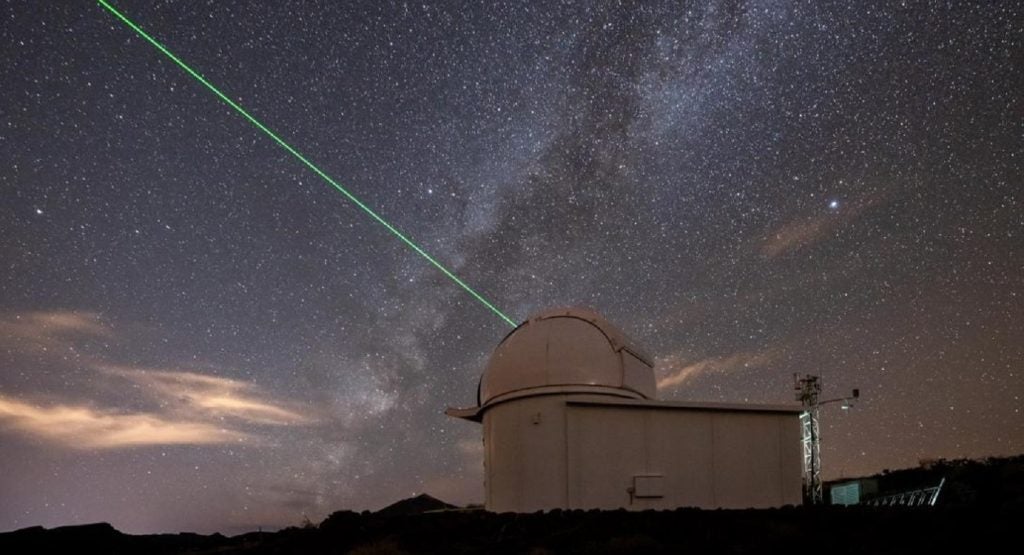The Air Force Research Laboratory (AFRL) achieved a milestone by conducting a three-hour flight sortie on 25 July, 2023.
The flight marked the first-ever deployment of AFRL-developed machine-learning trained artificial intelligence (AI) algorithms aboard an XQ-58A Valkyrie uncrewed aircraft. The mission signifies a step towards enhancing AI-enabled autonomous operations for modern air combat scenarios while reinforcing the Department of Defense’s commitment to responsible AI deployment.
Between 2019 and 2021, the US Air Force completed six high subsonic unmanned air vehicle XQ-58A Valkyrie flights.
As the Department of Defense continues its pursuit of responsible AI utilisation, this flight of AI agents piloting the XQ-58A Valkyrie shows AFRL’s attempt at leading the way in the realm of autonomous air combat operations, revealing a future where AI-driven solutions play a role in safeguarding national security.
GlobalData’s “Analyst Briefing: AI pilots - the future of aerial warfare” states that Artificial Intelligence (AI) is the future of Aviation. AI pilots are developing rapidly and are now beginning to be integrated into fighter systems.
The flight operation occurred at the Eglin Test and Training Complex, solidifying the culmination of a four-year collaboration that originated with the Skyborg Vanguard and Autonomous Aircraft Experimentation programmes.
Spearheading this endeavour, Col. Tucker Hamilton, Chief of AI Test and Operations for the Department of the Air Force, affirmed, “This sortie officially enables the ability to develop AI/ML agents that will execute modern air-to-air and air-to-surface skills that are immediately transferrable to other autonomy programs.”
The AI algorithms devised by AFRL’s Autonomous Air Combat Operations (AACO) team are at the heart of this achievement. The algorithms underwent maturation through high-fidelity simulation events, 10 X-62 VISTA sorties, Hardware-in-the-Loop trials featuring the XQ-58A, and ground test operations.
Dr Terry Wilson, AACO Program Manager, elaborated on their approach, stating, “AACO has taken a multi-pronged approach to uncrewed flight testing of machine learning Artificial Intelligence and has met operational experimentation objectives by using a combination of High-performance computing, modelling and simulation, and hardware in the loop testing to train an AI agent to fly the XQ-58 uncrewed aircraft safely.”
Highlighting the broader significance of this achievement, Brig. Gen. Scott Cain, AFRL commander, emphasised the evolving landscape of AI and its role in future warfighting scenarios. “AI will be a critical element to future warfighting and the speed at which we’re going to have to understand the operational picture and make decisions,”
As the Department of Defense continues its pursuit of responsible AI utilisation, this flight of AI agents piloting the XQ-58A Valkyrie shows AFRL’s attempt at leading the way in the realm of autonomous air combat operations, revealing a future where AI-driven solutions play a role in safeguarding national security.












